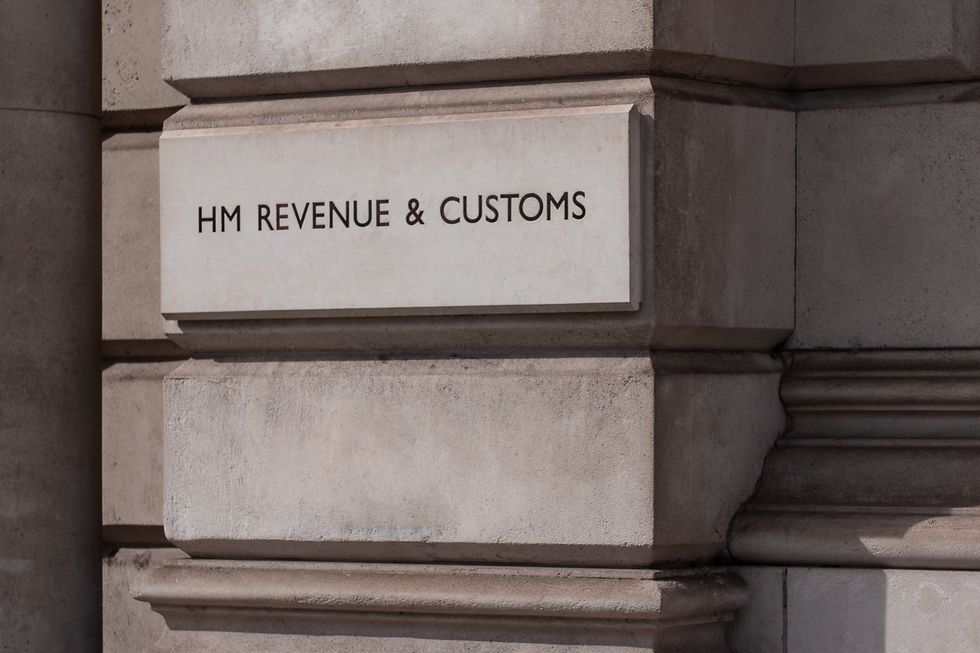Almost 50 per cent of all HM Revenue and Customs Whitehall staff are working from home
Getty
Wait times to speak to an advisor have soared to a record high of 25 minutes
Don't Miss
Most Read
Trending on GB News
Almost half of all HM Revenue and Customs Whitehall staff are working from home despite phone waiting times reaching a record high.
Between January and March, just 53 per cent of civil servants at the department’s HQ were found at their desks.
During the same period, wait times to speak to an advisor soared to a record high of 25 minutes.
Alongside this, the National Audit Office discovered that the organisation had been getting its sums wrong and underestimated the cost of Government tax breaks by billions of pounds.
 Working from home has become more popular since lockdown PA
Working from home has become more popular since lockdown PALast month, HMRC wanted to close its phone lines for half the year in order to force its customers online for help. This was halted after Chancellor Jeremey Hunt intervened.
Between March 27, 2023, to March 22 this year, less than half of civil servants working at the HQ were found at their desks.
Within this period, only two weeks had attendance over 60 per cent, peaking at 62 per cent on December 11.
Sir Jacob Rees-Mogg slammed the department for their working habits: “The lesson is obvious. HMRC is failing to deliver a service to the people, and they’re not going into work.
LATEST DEVELOPMENTS:
“They’re wasting taxpayers’ money because this is a Grade II star office space in London, which costs a significant amount of money. They should either be using 100 Parliament Street or they should move out.”
Sir Iain Duncan Smith, a former Tory leader, added that the civil service needs to understand how important it is to get workers in the office.
HMRC was the only department to have below 50 per cent of its desks occupied. At the Ministry of Defence (MoD), 80 per cent of staff were found at their desks during the same period.
On Tuesday, Whitehall guidance stating that 60 per cent of staff need to come into the office on any given day was put into effect.
An HMRC spokesman said: “We expect all office-based colleagues to now spend 60 per cent of their working time in the office. Hybrid working is part of our approach to being a modern and flexible employer, like many other organisations, and means that we can attract and retain the talent we need to deliver for our customers.

Last month, HMRC wanted to close its phone lines for half the year in order to force its customers online for help
GETTY“Our colleagues are held to the same standards, whether they are working from an HMRC building or from home.”
Discussing the data on GB News, political commentator Cai Wilshaw said: “In the case of HMRC, frankly the job they're doing is simply not good enough and they need to be at work.”
Former Home Office special adviser Claire Purcell added: “I advocate for working from home if it works with your employer and if you are doing the job. In the case of HMRC, they're not. They need to be back. They need to get back to work.”
UK workers spend an average of 1.5 days a week at home, according to IFO Institute data, significantly more than European counterparts which has resulted in the country being dubbed the working-from-home capital of the continent.
The working-from-home revolution kicked off during the pandemic and has been hailed as a solution to many time-related stresses.
However, many bosses have pushed to get workers back in the office amid fears of declining productivity as well as other logistical work-related issues.








